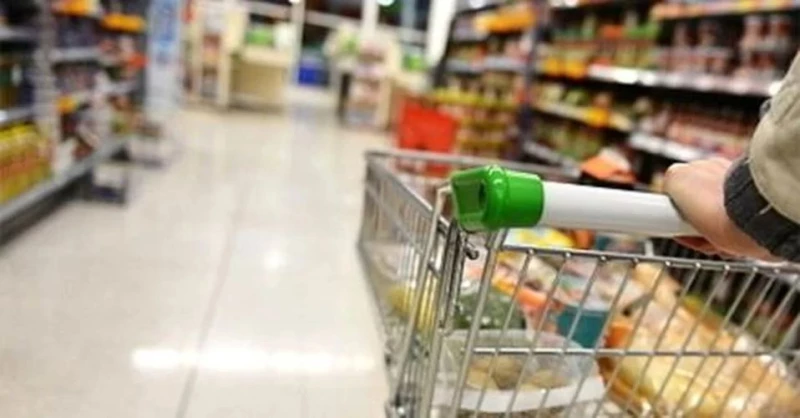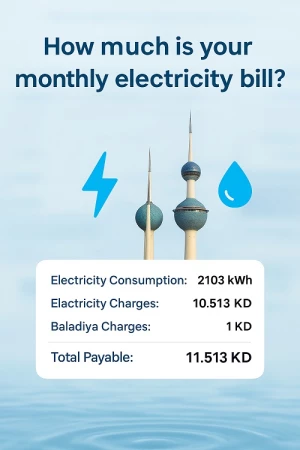Latest News
- Expats Alert: PACI Just Changed The Rules For Updating Your Addr...
- Best Pizza In Kuwait: Top Brands And What To Order
- Best Budget-Friendly Chalets & Villas In Kuwait For Weekend Geta...
- Why Electricity Bills Are Rising In Kuwait & Smart Ways Expats C...
- App Store Optimization: Why It’s Becoming A Core Part Of SEO Str...
- Best Shower Filters In Kuwait For Hair Fall And Skin Protection
- Exness Sets A New Standard Of Consistency In The Trading Industr...
- Instant Withdrawals In Trading – A Game Changer For Traders In K...
- Best Abaya Shop In Kuwait: Editorial Review Of Abay.com
- IPhone 17 In Kuwait: Prices, Colors, Specs & Where To Buy
- Best Drinking Water Filter For Home In Kuwait
- Avoid Common Qatar E-visa Application Mistakes. Learn The Top 5...
Ramadan Market Sees Slow Sales Amid Price Hikes
As Ramadan approaches, Kuwait’s markets are experiencing stagnation, contrary to previous years when sales of dates, foodstuff, and Ramadan essentials flourished. A recent survey by local newspapers in major markets, particularly in Shuwaikh, revealed that the prices of Ramadan goods have surged by 15-25%. Consumers and traders attribute this rise to increased customs duties, transportation expenses, and higher levies imposed by exporting countries.
Escalating Prices of Ramadan Essentials
According to market vendors, the price hikes have surpassed expectations. Bou Sulaiman, a trader, stated that the cost of dates and coffee has risen significantly compared to last year. The sudden surge has left many consumers frustrated, especially as Ramadan approaches.
Umm Hamoud, a shopper, described the price increase as "unreasonable," highlighting that a kilogram of dates previously sold at KD2.250 is now priced at KD3.500. She also noted that lower-priced dates are often of subpar quality, with limited shelf life, making them unsuitable for many families.
Consumers Call for Government Intervention
Amid growing frustration, many consumers are calling on the Ministry of Commerce and Industry to take strict measures against traders inflating prices. Jamal Al-Mutairi urged the ministry to intensify market monitoring and prevent price manipulation. He emphasized that both citizens and expatriates are struggling with the steep price increases despite an adequate supply of Ramadan goods in the market.
Market Trends and Alternative Shopping Options
While some shoppers initially believed that Shuwaikh’s food markets offered better prices than cooperative and parallel markets, they were surprised to find that costs have increased across all sectors. Many believe that stricter price regulations and transparency in pricing could help alleviate the burden on consumers during Ramadan.
Conclusion
As the demand for Ramadan essentials rises, the government’s role in monitoring and controlling market prices remains crucial. Consumers continue to hope for swift action to curb price manipulation and ensure fair pricing for essential goods.





